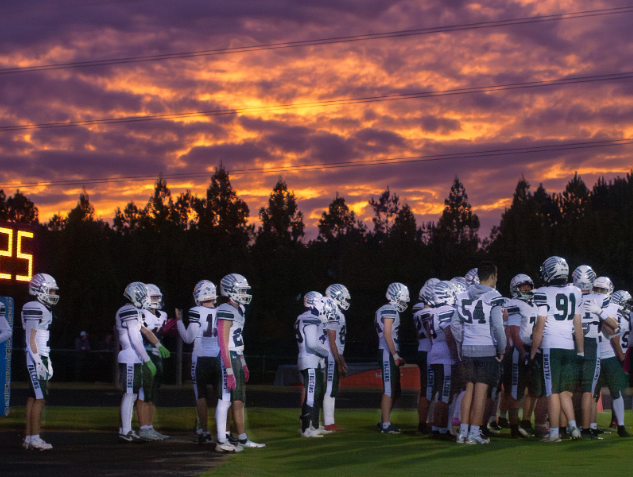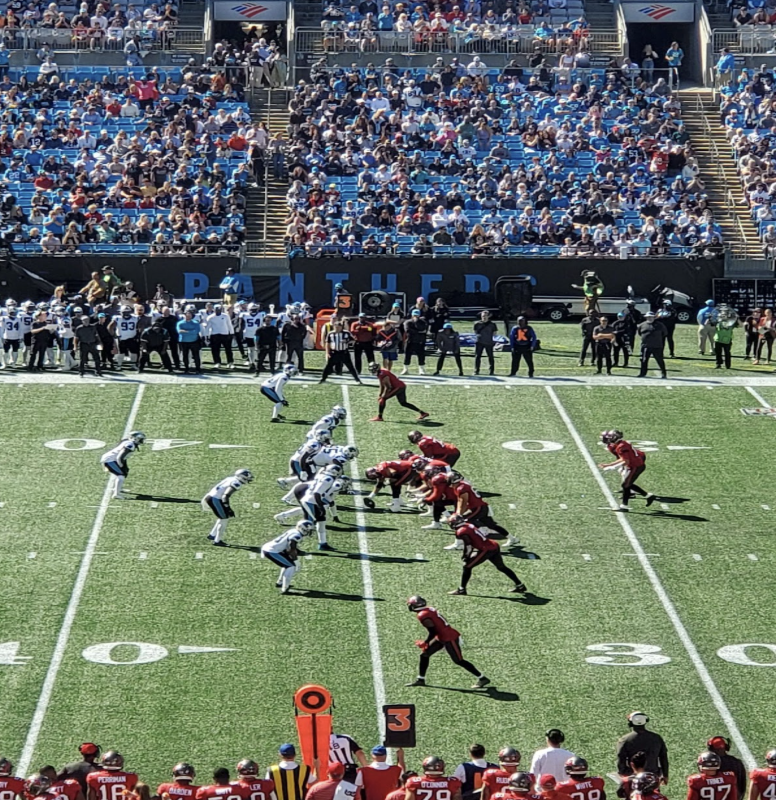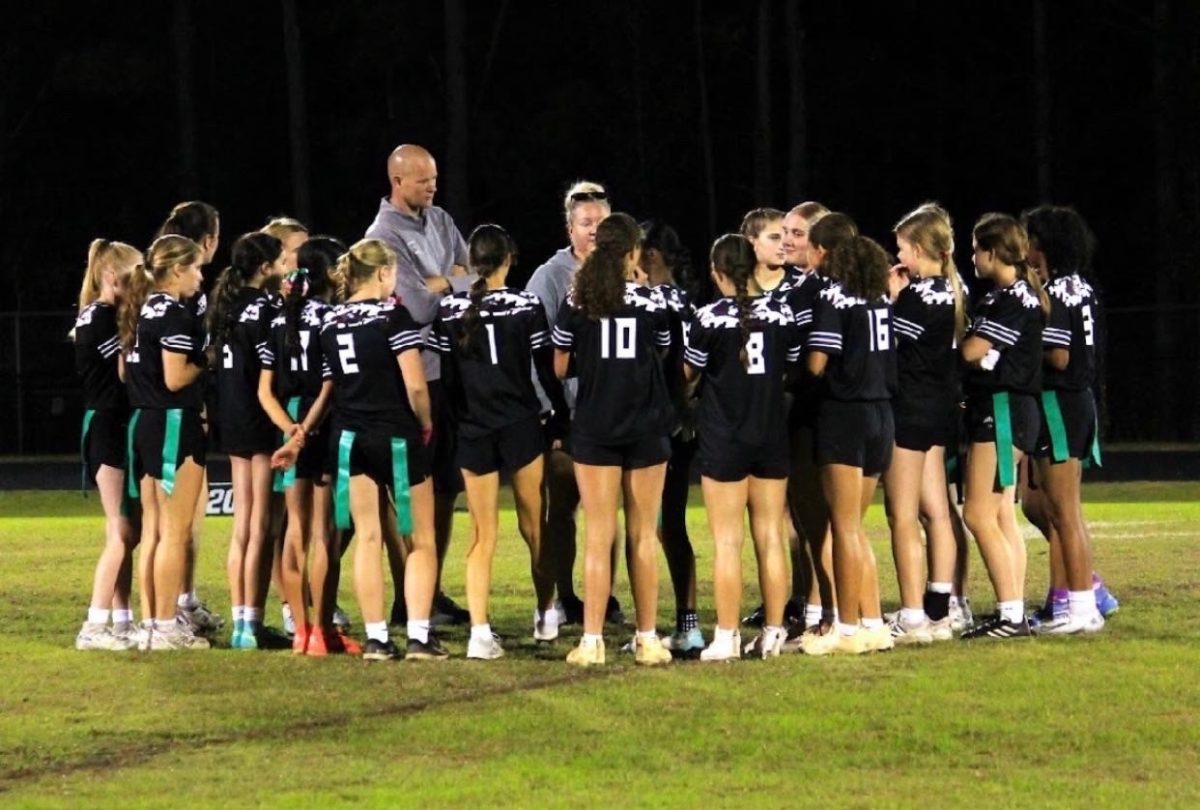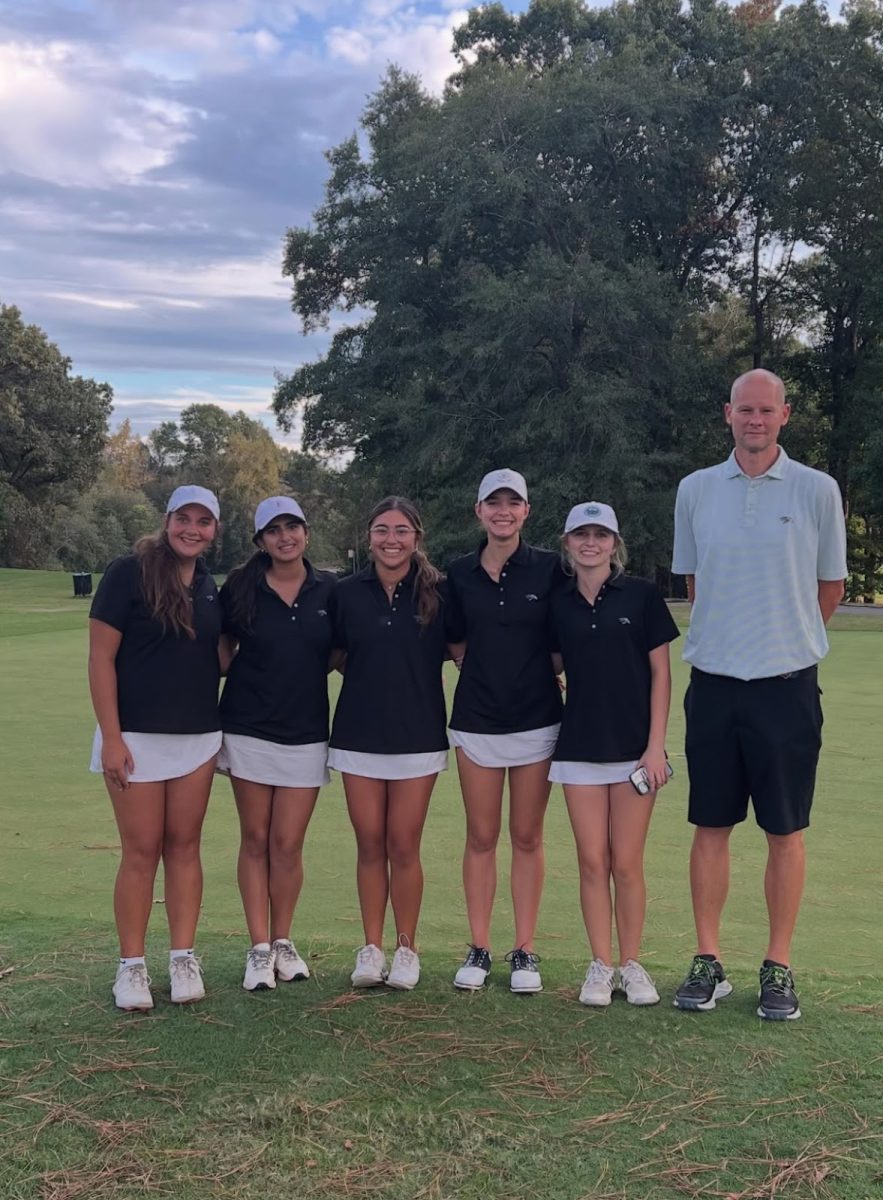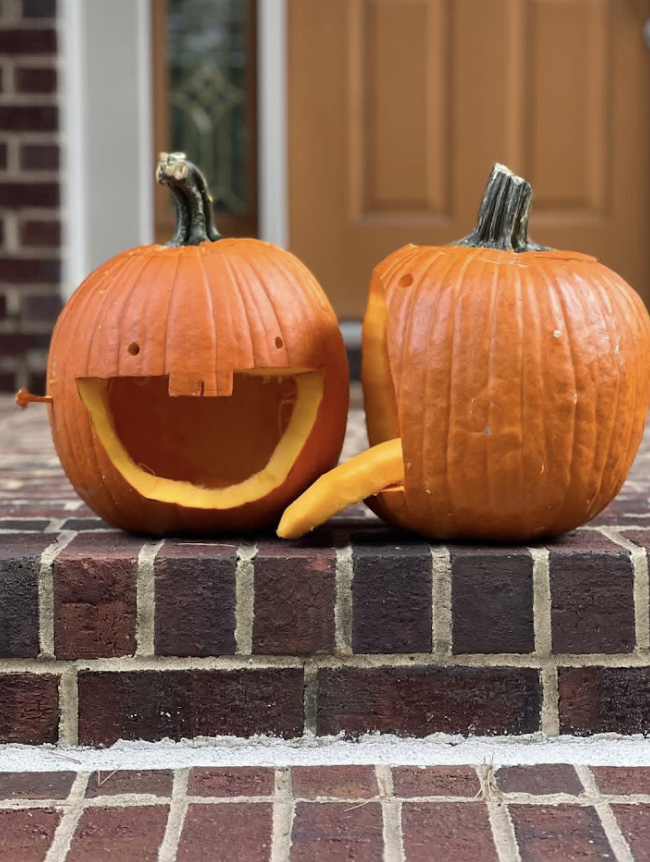Crime doesn’t pay in the National Football League. According to the NFL’s Personal Conduct Policy, anybody associated with the league may face disciplinary action for behavior that is “illegal, violent, dangerous, or irresponsible,” even if the offender is found innocent in a court of law. Punishments range from fines, usually given for breaking the rules on the field, to suspensions, for more severe cases detrimental to the image of the league. Rashee Rice, star receiver for the Kansas City Chiefs who is facing criminal charges relating to a highway crash that injured seven, has received neither punishment.
This is nothing new for the NFL. In years past, the NFL has been inconsistent with how it hands out their punishments. With Rashee Rice eligible to play and his criminal charges looming over his career, it’s time to look back at the big-name suspensions from years past and determine what the NFL should do in this situation, and how they can fix their messy precedent.

The first ever suspension in the NFL was handed out to quarterback Art Folz in 1925, who was suspended for life after hiring high school students to play for the opposing team in a game that impacted the league standings. This was made possible due to scheduling differences in the league at that time, when teams would schedule their own games. Folz was banned for life, but the ban was lifted one year later. Since 1925, the league has changed plenty in the nearly 100 years since the incident. Cheating scandals are still around, however, and still have significant punishments for the players involved with them. Actions that compromise the integrity of the game still hold high punishments, even for the league’s most high profile players, including former Patriots quarterback Tom Brady.
DeflateGate was a scandal during the AFC Championship game of the 2014-15 NFL season between the New England Patriots and the Indianapolis Colts. The controversy surrounded the balls used by the Patriots during the game, with allegations against quarterback Tom Brady stating that he had specially ensured that the balls were slightly deflated in order to make them easier to throw and catch. Per league policy, an internal investigation was launched which concluded that Brady was likely at least aware of the footballs being deflated. As a result, Brady was handed a four game suspension and the Patriots organization suffered fines and the loss of draft picks. The inconclusive nature of the study likely impacted the length of Brady’s suspension, with him serving less time than a typical suspension for cheating would be. This can be seen by the suspensions handed out in the New Orleans Saints Bountygate scandal and wide receiver Calvin Ridley’s suspension for gambling on NFL games.
The Bountygate scandal was one of the largest scandals in NFL history, which involved the New Orleans Saints during the 2009-10 season through the 2011-12 season. The scandal consisted of the Saints organization putting “bounties” on certain offensive players, giving bonuses to defensive players who could knock those players out of the game with injury. Though players were involved in the scandal as “ringleaders”, the biggest punishments were handed down to the coaching staff. Defensive coordinator Gregg Williams was banned indefinitely, but reinstated a year later, while Sean Payton would be the first head coach of any team to be banned in the 21st century, given a one year suspension. General manager Mickey Loomis and assistant coach Joe Vitt were also suspended, as well as four players on the Saints’ defense. The suspensions ranged from 3 weeks to the whole season, depending on the involvement of the players. The players were all reinstated during the 2012-13 season.
This was not the case for wide receiver Calvin Ridley, whose cheating scandal had little to do with on-field conduct. After stepping away from the game due to mental health issues, Ridley bet on a parlay that included games played by the team he was signed to at the time, the Atlanta Falcons. Although the NFL investigation concluded that no games were directly impacted by the bets, as Ridley was not actively playing on the team at the time, he was still given a suspension for an entire season, much more than the suspension was for Brady for tampering with the AFC Championship game. The difference in the length of suspension is likely due to the conclusivity of the evidence, with it being certain that Ridley did, in fact, place bets on Falcons games, while it was less clear in the case of Brady. Ridley’s suspension is unique from the ones mentioned previously, as it was a suspension based on actions performed outside of the field of play. According to the NFL’s personal conduct policy, detrimental behavior outside of the game is also grounds for punishment, as is the case with Rashee Rice and many other notable suspensions.
Running back Ray Rice was a star player for the Baltimore Ravens until 2014, when he was charged with assault for hitting his then fiancée in a casino elevator in Atlantic City, New Jersey. Rice avoided sentencing by opting for counseling and was only handed a two-week suspension. Roger Goodell would later admit that the punishment was too lenient, setting a policy of six week suspensions for domestic abuse which would be famously upheld against Dallas Cowboys running back Ezekiel Elliot. Goodell said that the lenient punishment of Rice was partially impacted by the charges being dropped against him, which is an interesting case of the NFL taking the legal processes into account before handing down their punishment. This adds a wrinkle to the case of Rashee Rice. Should the NFL wait for the legal system to run its course before handing down their punishment, or should their punishment be based exclusively on the internal NFL investigation?
Another precedent for this impact comes with the trial and punishment of Ray Lewis, star linebacker for the Baltimore Ravens in the late 1990s and 2000s. On January 31, 2000, Lewis was potentially involved in an altercation that led to a double homicide. Lewis was charged with murder, but much like the Ray Rice case, the charges were dropped. Lewis took a charge for obstruction of justice and was sentenced to a one year probation. This led to a highly controversial decision from the NFL, which was to fine Lewis 250,000 dollars and warn that a suspension could come should Lewis violate his probation. This decision brought further light to the inconsistent punishments given by the NFL. When it comes to actions committed outside of the game, the NFL tends to give out punishments based on how badly the crime reflects on the reputation of the league. In the first few sentences of the personal conduct policy, the league makes it clear that they focus mainly on “conduct detrimental to the integrity and public confidence in the NFL.” It seems, based on this definition, that being involved in a double homicide case would be enough to shake confidence in the ability of the NFL. However, the NFL seems to rule in line with the conduct of the player, rather than the public perception of their actions.

(Jesse Shalev)
It would seem, based on some precedent, that the NFL takes many of its notes from the justice proceedings. This is not the case, both based on the words of the policy itself and the case of Dallas Cowboys running back Ezekiel Elliott. Elliott faced allegations of domestic abuse, but the proof was not conclusive enough to charge Elliott with any crimes. This story seems similar to the case of Ray Lewis, where evidence was not conclusive enough and he took a lesser charge. However, the punishment for Elliott was greater, with the NFL suspending him for six games due to the charges. The length of the suspension was set by precedent following the Ray Rice incident, the enacting of the suspension is less consistent. For example, around the same time as the Elliott case, New York Giants kicker Josh Brown was suspended for only one game after allegations of domestic abuse came out against him. Very similarly, he was never charged with a crime, and the NFL suspended him for only one game. Evidently, the NFL investigation didn’t turn up enough to enact the full six week suspension for domestic abuse. This is a strange occurrence, as Brown would later admit to some of the domestic abuse he was charged with. While the NFL doesn’t necessarily make public what they uncover in their investigation, it’s strange that the more definitive case ended up turning up less in the investigation.
Another case that paints a confusing picture of the NFL’s punishment precedent is that of Cleveland Browns quarterback Deshaun Watson, who was accused of non-violent indecent behavior towards multiple massage therapists in 2022. In a decision by disciplinary officer Sue L. Robinson, Watson was initially suspended for six games, based on previous rulings for similar offenses. The offenses looked at by Robinson had only three cases in which a player was suspended for more than six weeks, the precedent set by Ray Rice’s case. Both of these cases featured multiple proven instances of violent crime, as opposed to the non-violent crime Watson was accused of. Robinson found that similar non-violent behavior had resulted in no punishment greater than a three day suspension. The NFL, having decided that Watson’s conduct was more heinous than any previous cases, argued in favor of a full season suspension for Watson. Following an appeal from the NFL over the six week ruling, the punishment was raised to 11 weeks and a $5 million fine, the largest ever given to a player. Robinson’s report makes one thing clear. The NFL, both in response time and punishment severity, do not rule according to precedent. The six week rule is the closest the NFL has to a precedent set in stone, but they are unable to decide what falls under it and what does not.
With these cases in mind, it seems that the weight of the evidence brought up in the criminal investigation and the NFL investigation are inconsistent. Players get lesser punishments for taking lesser charges, but sometimes, when there are no charges, players are still punished. In the case of Rashee Rice, it’s not clear where that weight will be placed. However, based on the reports currently available, it seems like the NFL will wait for the legal process to run its course. Now, this does not mean that Rice will get away should he be acquitted. It isn’t clear how far along the NFL investigation is, when it will finish, or what they have found, but if they’re waiting for the criminal trial they likely do not have enough evidence to take immediate action against Rice.
The truth is that there is no real issue with the words of the personal conduct policy. It makes sense to punish players with suspensions or fines should they act out of line. Athletes are public figures, and should be held to that standard. The issue that is showing itself here is an organizational issue. The people in charge of enacting fair and consistent punishments are failing, and keeping the general public in the dark as to their decisions on crimes committed by NFL players. This lack of transparency reflects poorly on the league as a whole. It shows a sluggishness and unresponsiveness to massive events occurring within the league. The report that the NFL is waiting for Rice’s legal proceedings to conclude comes from an NFL insider’s post on X. Had the NFL released an official statement saying this, the public would at least be assured that the NFL had a plan of action relating to the incident. The fact that the NFL is so non-transparent ends up hurting the league’s reputation, and that goes against both the letter and the spirit of the personal conduct policy.





















